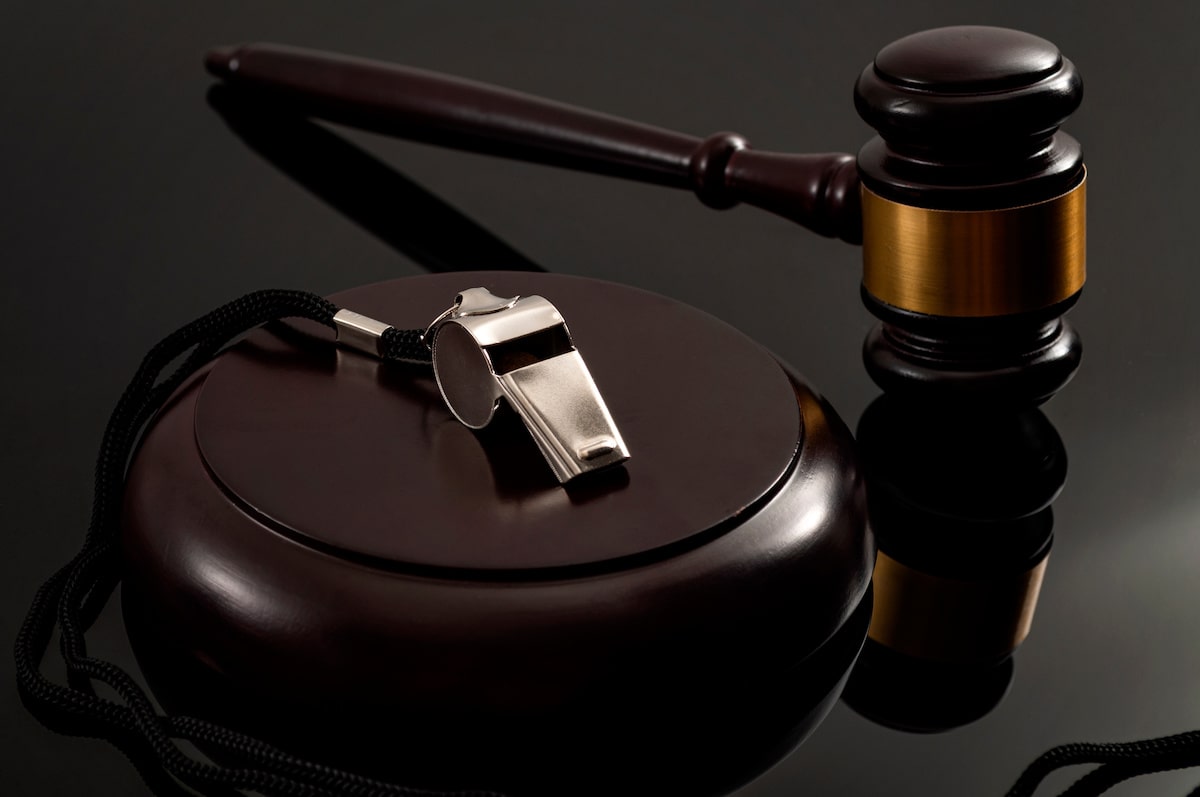"Merlin is just on a ‘fishing expedition’ seeking these emails, your Honor." Similar phrases are argued by insurance counsel all the time when our firm is trying to get to the truth of what happened and, just as important, why something happened. In today’s manner of doing business, the truth of many disputed matters is best found in emails. The contemporaneous history of emails between individuals is often the best record of the logic and thought processes leading towards action and decision. If I were representing insurers with corrupt or wrongful claims practices, I would argue against turning over those emails as well—why would anybody hide emails that proved innocence?
A recent Order in Citizens for Responsibility and Ethics in Washington v. Executive Office of the President, highlights why emails are so important. The Court stated:
"I have always begun with the premise that, as just indicated, the emails that are said to be missing are the very heart of this lawsuit and there is a profound societal interest in their preservation. They are, after all, the most fundamental and useful contemporary records of the recent history of the President’s office. If Napoleon was right when he said that he did not care who wrote France’s laws if he could write its history, then the importance of preserving the e-mails cannot be exaggerated." (emphasis added)
Modern insurance companies operate through emails. Company goals, management initiatives, discussions, reflections on performance, actions and history of activities are substantially recorded in emails. Judges in insurance disputes should quickly and, as a matter of routine, dismiss the "fishing expedition" arguments by insurance company attorneys. It has been our experience that many insurers, knowing what those emails say, are much more inclined to discuss settlement and quickly resolve cases when insurance company emails are discoverable. If judges in insurance disputes do not permit acces to emails, there is far too great a temptation for insurance companies to re-write or sanitize a claims history.



